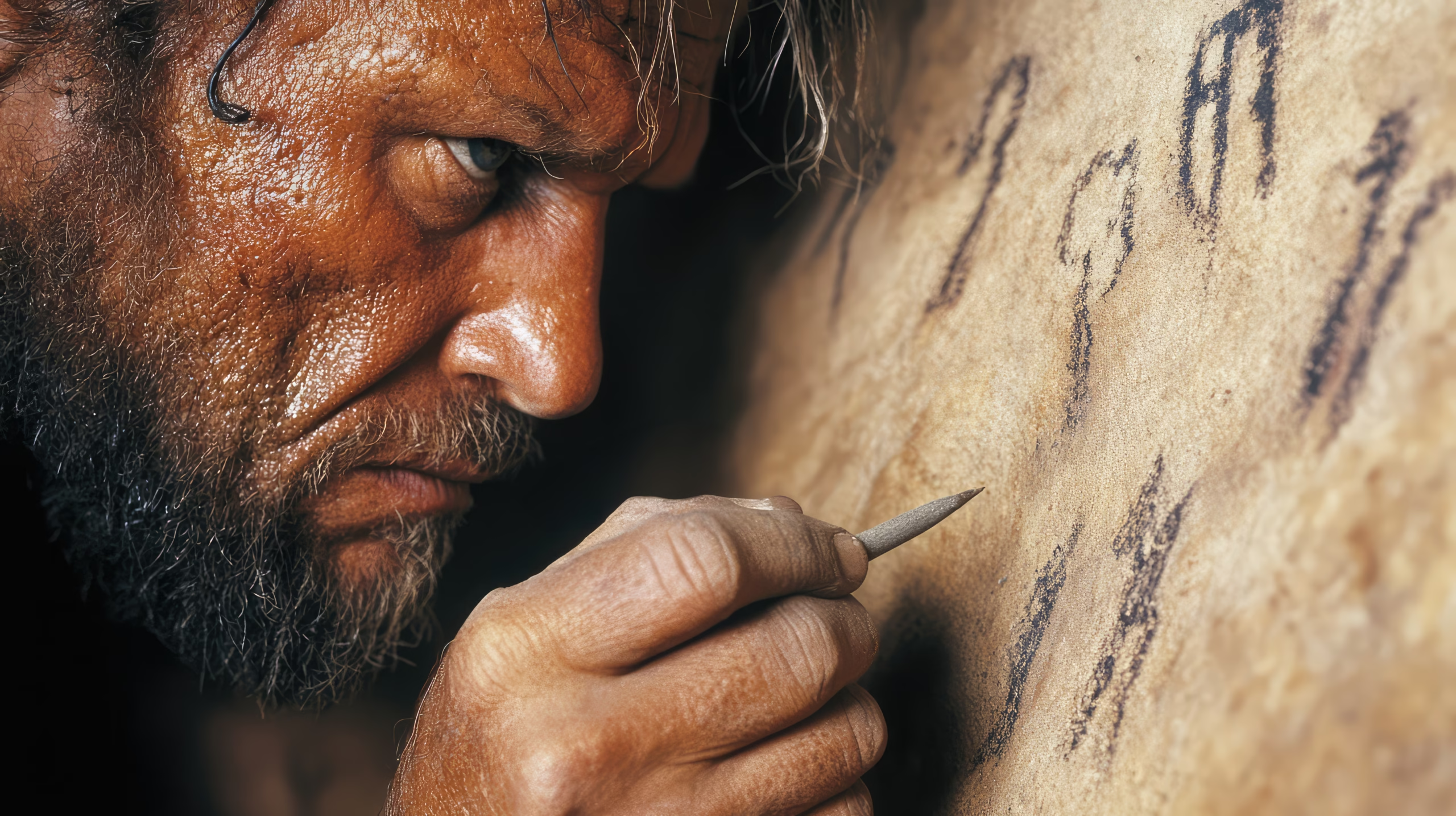Introduction
Ethiopia is a country rich in cultural heritage, history, and spirituality. It is one of the nations with the oldest Christian communities in the world, a fact that has shaped its traditions and beliefs significantly. The Ethiopian Orthodox Tewahedo Church, one of the oldest Christian denominations, has preserved a unique canon of scripture that includes several books not found in the traditional Western Bible. This post will delve into the significant Bible verses from Ethiopia, explore their meanings, and understand their impact on Ethiopian culture and spirituality.
The Historical Context of the Ethiopian Bible
Ancient Roots
The connection between Ethiopia and the Bible can be traced back to ancient times. The Queen of Sheba, mentioned in both the Hebrew Bible and the New Testament, is believed to have hailed from the region that is now modern-day Ethiopia. The introduction of Christianity in the early 4th century by Emperor Ezana marked the beginning of a profound religious transformation.
The Ethiopian Bible
Unlike the Western Bible, the Ethiopian Bible includes additional texts such as:
- The Book of Enoch
- The Book of Jubilees
- The Sinodos
These texts provide a unique insight into the religious and cultural landscape of Ethiopia, highlighting its distinct religious identity.
Key Bible Verses from Ethiopia
Prophetic Promises
Isaiah 18:1-2
“Woe to the land of whirring wings along the rivers of Cush.”
This verse emphasizes Ethiopia’s historical significance as Cush, a region mentioned frequently in the Bible. It symbolizes not only geographical importance but also the prophetic vision of its future.
Messages of Hope
Psalm 68:31
“Envoys will come from Egypt; Cush will submit herself to God.”
Ethiopia, known as Cush in the Bible, is seen as part of a greater narrative of salvation. This verse captures the hope and promise of divine intervention and the eventual submission of nations to God.
Wisdom and Understanding
Proverbs 21:3
“To do righteousness and justice is more acceptable to the Lord than sacrifice.”
In Ethiopian spirituality, the themes of justice and righteousness resonate deeply. This verse reminds followers of the importance of moral integrity over mere rituals.
The Cultural Significance of Ethiopian Bible Verses
Spiritual Rituals
Ethiopian Christians engage in unique spiritual practices rooted in their interpretations of the Bible. The Bible verses elevate their worship and guide their daily lives through rituals such as:
- Liturgical prayers that utilize biblical texts.
- Traditional music sung in praise that is inspired by scripture.
Festivals and Celebrations
Ethiopian Orthodox Christians celebrate several holy days where scripture plays a central role:
- Timkat (Epiphany): Celebrated with biblical processions and readings.
- Fasika (Easter): Focuses on the resurrection with biblical teachings that inspire joy and hope.
Influence on Art and Literature
Ethiopian Bible verses are often depicted in art, particularly in the form of illuminated manuscripts. Such works not only preserve biblical texts but also reflect Ethiopia’s rich aesthetic traditions.
Conclusion
Ethiopia’s unique connection to the Bible provides profound insights into its culture, history, and spirituality. From the cherished verses that echo through the ages to the vibrant traditions that continue to thrive, Ethiopia remains a beacon of biblical heritage. Each verse doesn’t just serve as a religious text but as a pillar for a nation, inspiring generations toward righteousness, justice, and spiritual enlightenment.
As you explore the biblical context of Ethiopia, consider how these verses resonate with your own spiritual journey. From the ancient promises of God to the rich traditions woven into the fabric of Ethiopian life, the country’s relationship with the Bible is both significant and inspiring. Embrace these verses and reflect on their relevance not just in the context of Ethiopia, but in the broader narrative of faith that connects us all.

4 Comments
This has opened my eyes to the religious life of Ethiopia, I would love to learn more of their practice and meditate heavily on the scriptures that this country holds
That’s wonderful to hear! 🙏 May your journey in learning and meditating on Scripture draw you even closer to God.
🙏🙏🙏🙏🙏
🙏🙏🙏🙏